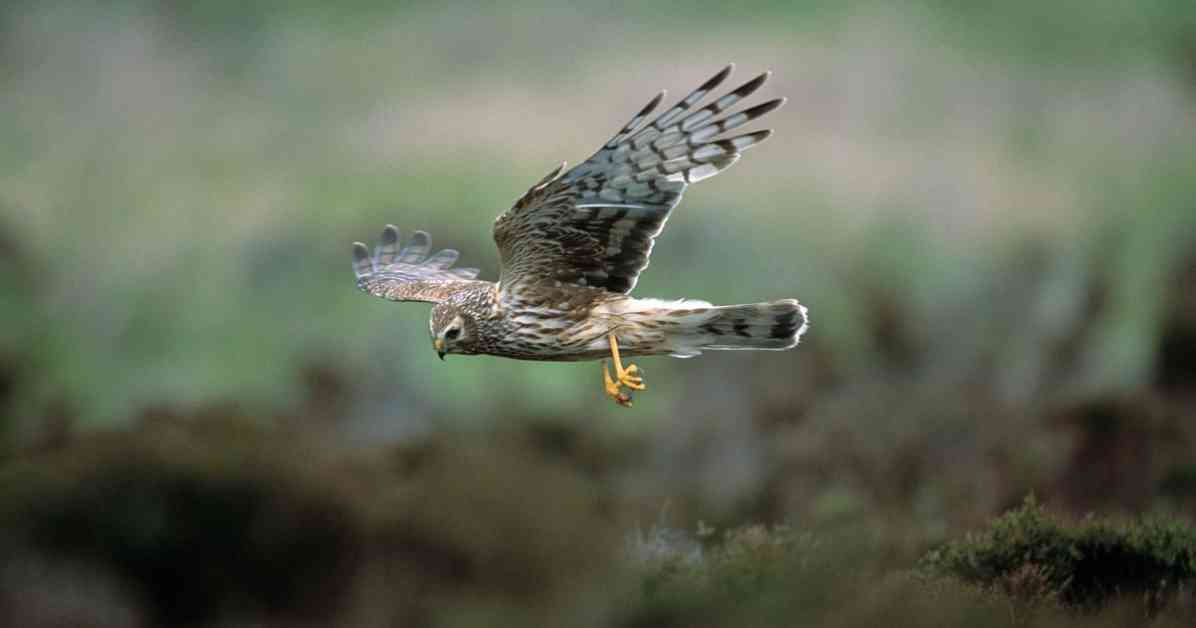Concern has been raised due to the alarming number of incidents involving the illegal killing of birds of prey in Northern Ireland. According to the Birdcrime report, there have been 89 confirmed cases of illegal killings since 2009. These criminal acts have targeted threatened species such as white-tailed eagles, hen harriers, and red kites.
In the UK as a whole, a total of 1,344 birds of prey have been illegally killed between 2009-2023, with the crimes still ongoing. It is distressing to see these magnificent creatures being targeted in such a cruel manner. The impact of these killings is significant, especially on species that are already struggling to survive.
In Northern Ireland, there have been 89 confirmed incidents of illegal killings, yet there have been no successful prosecutions. This lack of accountability is concerning and highlights the need for stronger enforcement of wildlife protection laws. The recent case of a red kite having to be euthanised after being shot in Co Down is a tragic example of the consequences of these illegal activities.
The RSPB NI has been vocal in calling for greater resources for the PSNI to combat bird of prey persecution. They are also advocating for stronger pesticide legislation to prevent incidents of poisoning, which have claimed the lives of at least 64 birds of prey since 2009. The use of baits laced with pesticides in the countryside is a cruel and indiscriminate method of killing these protected species.
Dean Jones, RSPB investigations officer for Northern Ireland, has emphasized the urgent need to address this issue. Wildlife crime, particularly raptor persecution, is a serious problem that not only impacts bird populations but also poses health and safety risks to the people of Northern Ireland. It is imperative that more is done to tackle these crimes and protect our native wildlife.
The RSPB NI is urging for revised legislation in Northern Ireland to ban the possession of pesticides commonly used in the illegal targeting of protected wildlife. They have provided contact information for reporting suspicious incidents of bird of prey persecution, emphasizing the importance of community involvement in combating these crimes.
It is essential for authorities, lawmakers, and the public to come together to put an end to these senseless killings and ensure the protection of our precious bird species. By raising awareness, reporting any suspicious activities, and advocating for stronger laws, we can work towards a future where birds of prey are safe and thriving in Northern Ireland’s skies.




